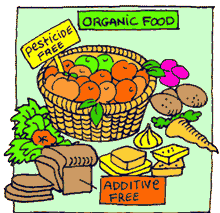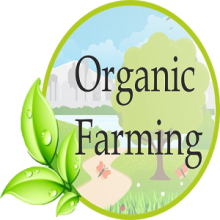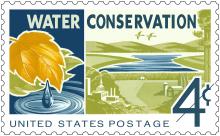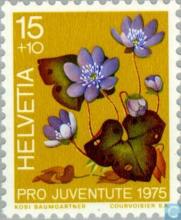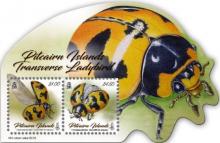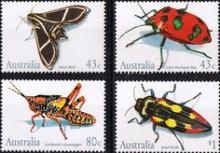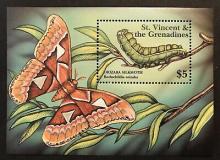Der Toxikologe Henk Tennekes: zur Entgleisung der Toxikologie
In einem Interview mit englischen Untertiteln erklärt der Toxikologe Henk Tennekes seine Ideen zur Entgleisung der Toxikologie. Er ist der Ansicht, dass insbesondere die kumulative Toxizität von Pestiziden in der Umwelt während des Zulassungsverfahrens nicht ausreichend untersucht wird, und erklärt damit die massive Insektensterblichkeit in den letzten Jahren.



